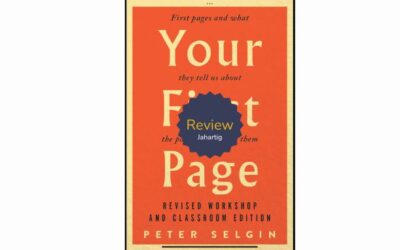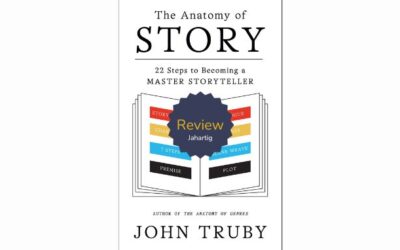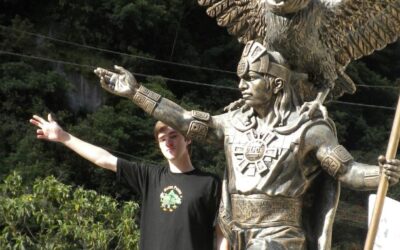I had no idea the journey I was embarking on when I began writing my novel. Once I started down the rabbit hole of books, websites, and podcasts on writing I began to appreciate the brilliance of the instructor’s reasoning for that first course. By providing a minimum of direction he gave us the freedom to create a first draft without angst.
Now, as I waded into the universe of writing I was swept away in a tsunami of information that did little more than feed my doubts and insecurities, and drown all hope. My writing slowed to a halt. Some days I would type five hundred words, but the words that remained at the end numbered less than fifty.
My progress became focused on understanding the industry and learning the craft. Swirling in a wave of new vocabulary, conflicting information, and overlapping theories that didn’t align. Pantser. Plotter. Hero’s Journey, Media Res, and Save the Cat! Were there six genres, twelve, or eighty-five? Unlike engineering, this was a world with many theories and few rules.
One consistent piece of advice was not to write a memoir unless you were famous or had a platform. Publishing was overrun with these books. Should my memoir become something else?
Story is not just something that happens …story isn’t simply something that happens to someone … or we’d be utterly enthralled reading a stranger’s earnestly rendered, heartfelt journal …A story isn’t even something dramatic that happens to someone.
– Lisa Cron, Wired for Story
I resisted at first. Running with Scissors was a New York Times best-seller. Then I learned it was twenty years old. I looked at Hidden Valley Road. The book was recent but written by an author who was already successful.
While I worried that placing this story in a fictional context reduced its impact, perhaps it was a better vehicle to share my experience. Fiction allowed me to add more depth and weave in the problems others had shared with me. Taking this route also reduced the concerns surrounding my relatives.
The decision to write a fictionalized story changed how I was telling it. Since I was no longer writing a memoir, I needed to determine what genre I was writing and have book comps. I had to choose a protagonist who would go through a character arc. The expectations of my writing style changed—now I was writing literature. The jump from nonfiction to fiction was monumental.
During this time, I kept my writing a secret. The stakes seemed too high to share my writing with anybody besides my husband. I didn’t talk about writing or share that I was working on a book. With only two percent of people finishing a first draft, the odds were against me. By deciding to write a fiction book, the chance of failure escalated. If I wanted to succeed, I needed to evaluate my commitment. I needed to decide if I was an author.




0 Comments